Culture & Lifestyle
A question to writers: What does writing mean to you?
Eight wordsmiths share their intimate thoughts on writing, marking International Writers’ Day.
Anish Ghimire
Writing means different things to different people. For some, it is a way to express emotions they can’t say out loud, while for others, it is a tool for revolution or to make sense of the world. To mark International Writer’s Day, I asked writers to share their personal reflections on what writing means to them. Their responses offer a glimpse into the diverse experiences, motivations, and passion that shape their craft.
Subin Bhattarai
Writer and Columnist
Writing means a lot to me. It is a medium through which I can express what I cannot say to anyone. There are specific thoughts and emotions that I cannot even articulate to myself or hear from within me—yet, during the writing process, they reveal themselves naturally. Writing, for me, is catharsis.
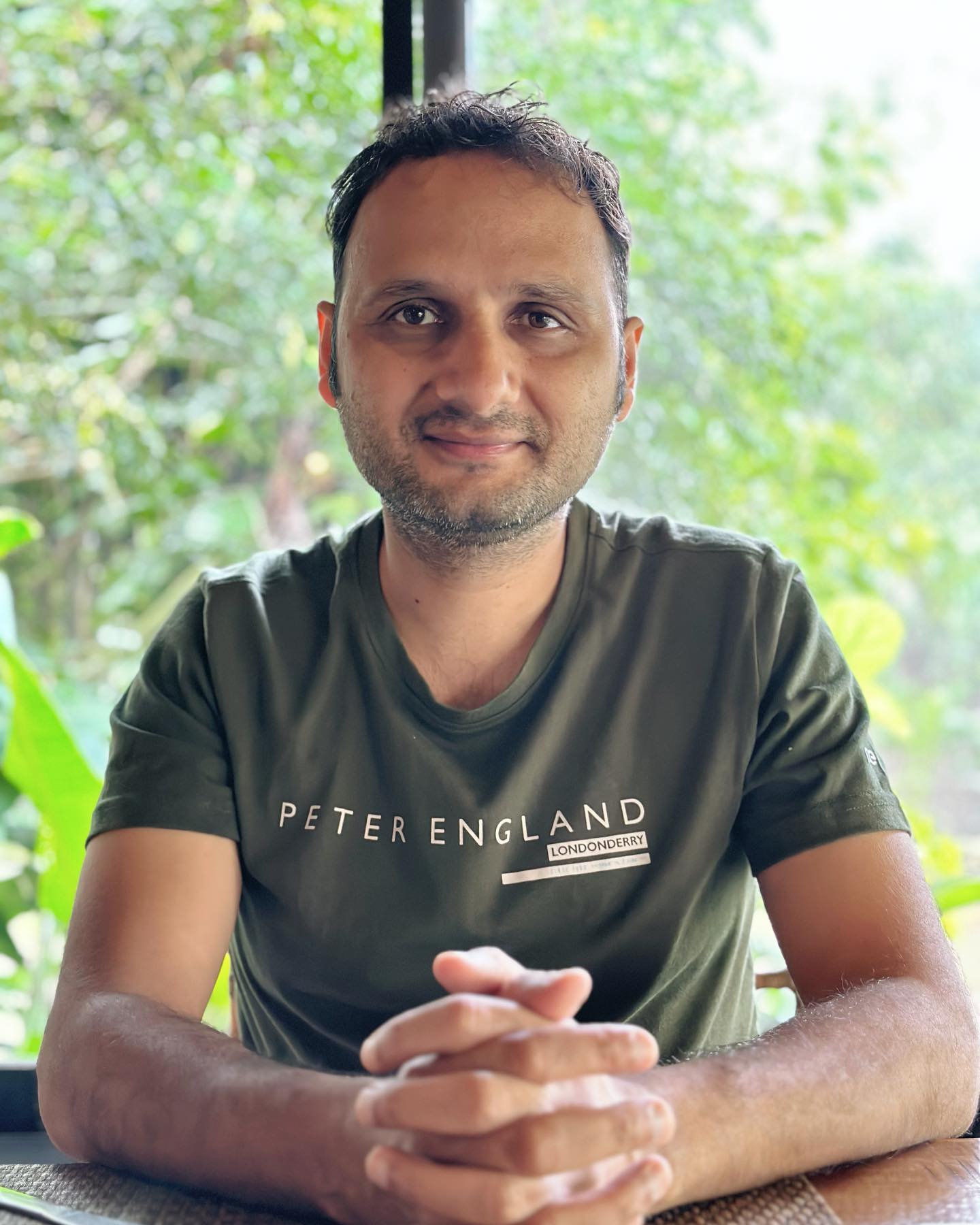
In my writing, I live the life I haven’t been able to. I travel to places I long to visit but haven’t.
Writing is like an ocean—vast and deep—yet silent. It makes no noise, no unnecessary spectacle, no loud declarations. Since writing is also my source of livelihood, it is not just my passion but also my profession.
Kailash Rai
Researcher and Editor
Writing is a powerful fusion of activism, healing, and revolution. It is more than just an activity; it is my identity and a form of therapy. It is a weapon for marginalised communities and a tool for preserving history. Writing offers a connection, fostering meaningful dialogue on vital topics across a broad spectrum of people.
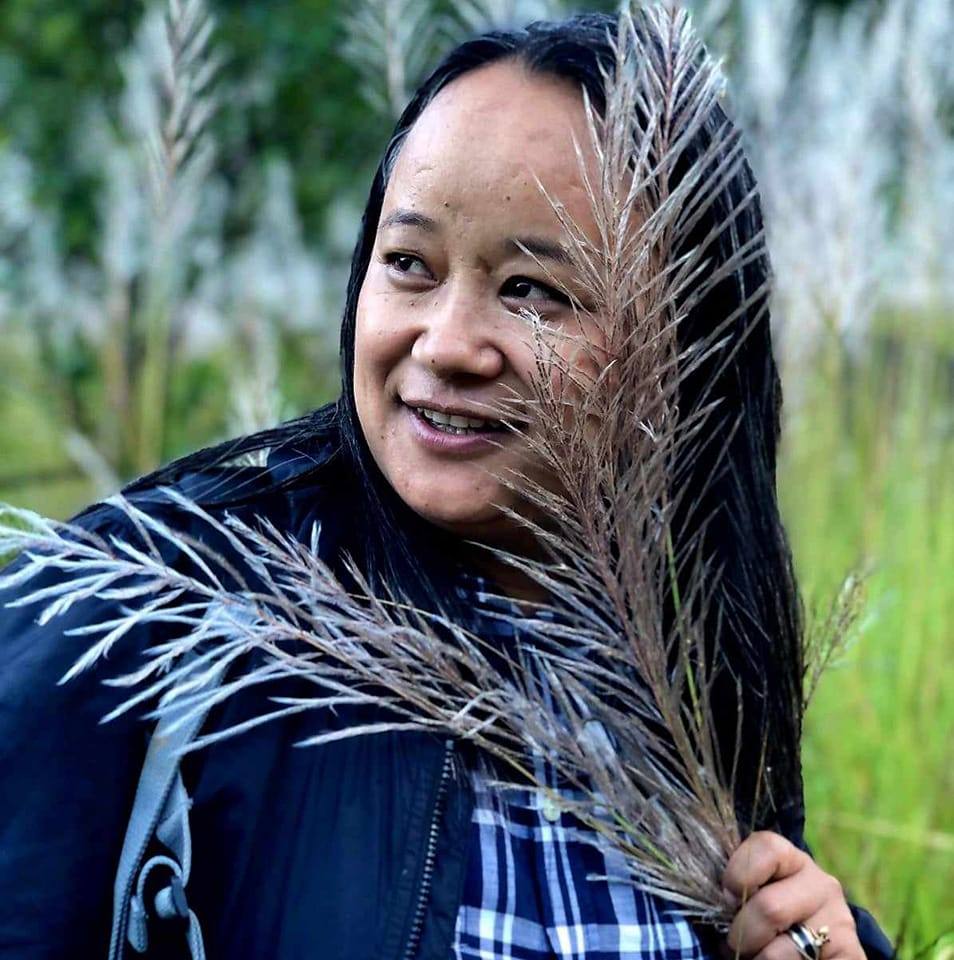
For countless marginalised communities excluded from mainstream narratives, writing helps break the silence and erase the erasure. It documents their experiences, ensuring their stories are seen, heard, and acknowledged. Writing challenges harmful stereotypes, shatters misconceptions, and provides a means of resistance. It preserves voices, stories, and knowledge, serving as a historical and cultural archive for future generations. That said, writing is also a source by which I make sense of the world.
Yasser Usman
Indian journalist
Writing is like a quiet but insistent pull. I know it will be a long, lonely journey—filled with silences, yet I find myself drawn to it, over and over again. I weave stories of people—some who’ve lived, others who exist only in my imagination. But through each one, I’m exploring the raw, messy pulse of human emotions—the sting of loneliness, the comfort of belonging, the struggles, the triumphs, the heartbreaks, all those feelings that connect us.
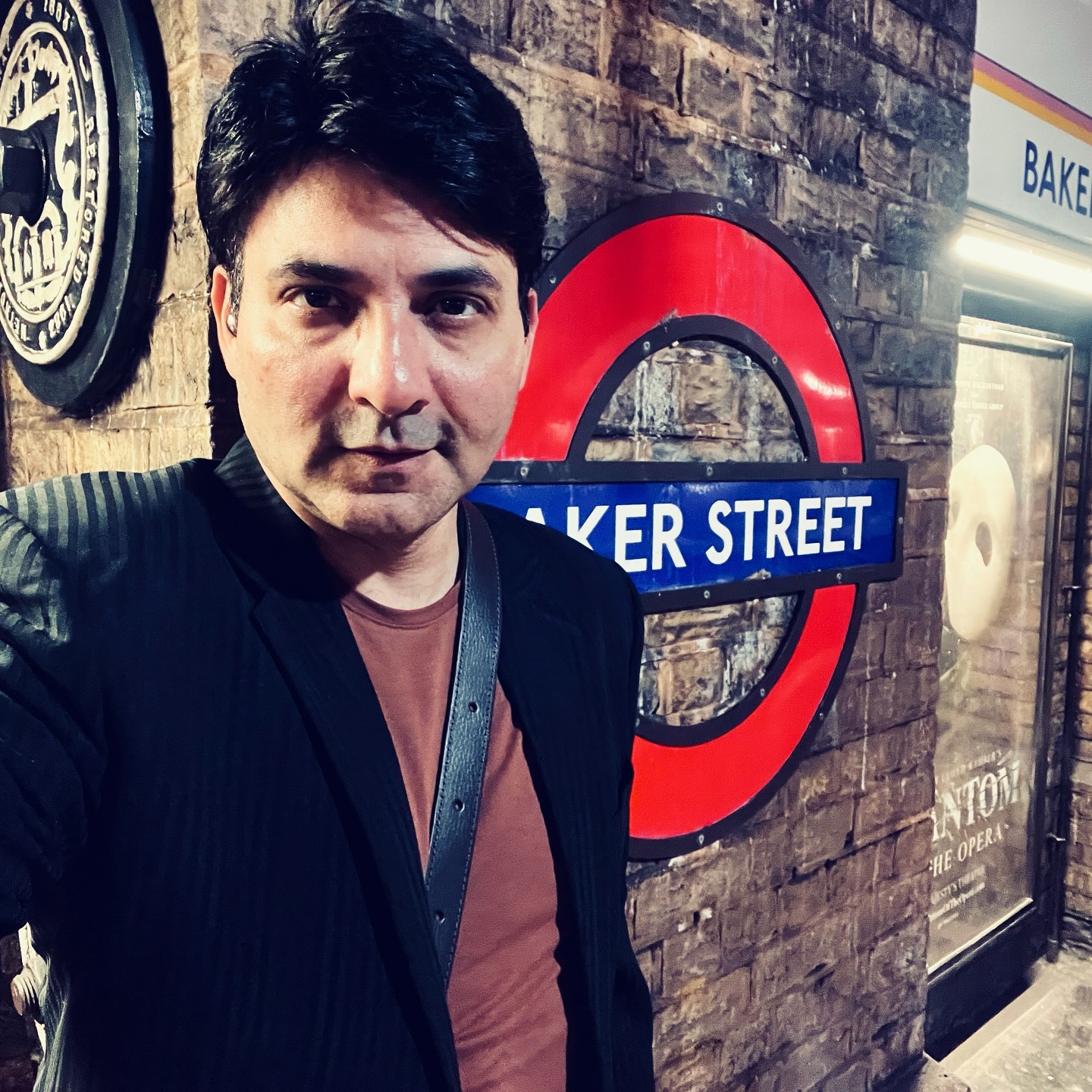
Writing also binds us—emotions that float across time and space, flowing from one page to the next. This connection makes returning to writing feel like returning home, and for that, I am endlessly grateful.
Sonia Awale
Editor, Nepali Times
Everyone who writes is a writer. The question is: How good is the writing? Writing is a form of self-expression, but language is a code. Writing well means mastering vocabulary, clarity, and style to convey thoughts accurately.

Writing well can only come with reading a lot. Reading does not just expand our knowledge, but it influences our writing (and AI isn’t much help). Writing well is especially important for communicators like us in the business of keeping people informed. Our writing has to be as simple as possible, especially when writing complicated things like drafting an answer to this question.
Abhi Subedi
Poet and Playwright
Writing is a practice that has no substitute. It is not a surrogate life; it is life because, without writing, I have no other options for my karma.
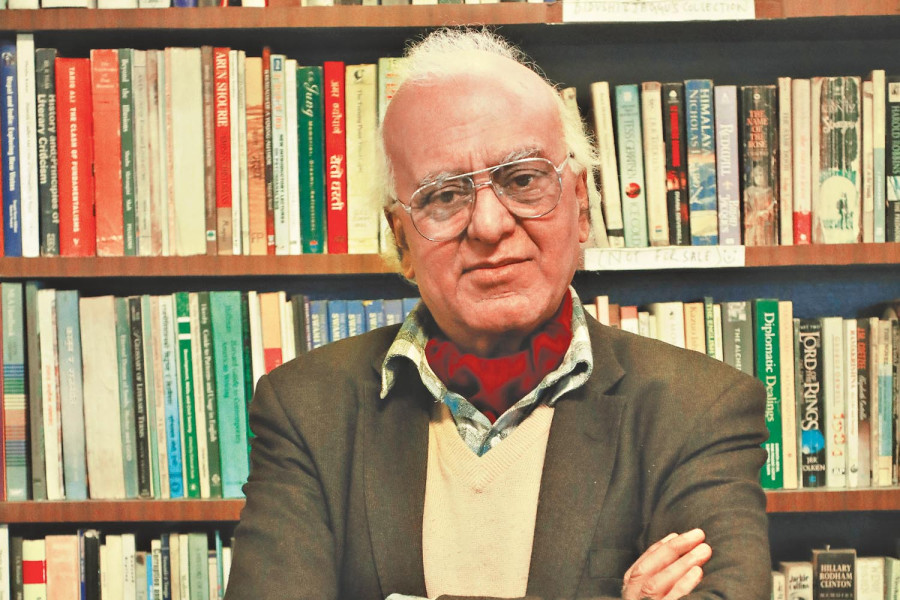
I do not claim any quality about it, but I have pursued writing as the most important activity of my life. As an academic and teacher of theories of postality, this statement may sound unreal. However, I must admit that this is my reality, as I lack any meaningful creative outlet other than writing.
Writing represents the most important pursuit of life. To elaborate on this, I should write a confessional essay sometime.
Kunsaang
Writer
When I started reading books, I would imagine the places and the lives of the characters described in them. As I kept reading, I searched for stories about my village, the geography where I grew up, and the struggles of people living in such a beautiful yet challenging landscape. However, I found very few writings like that.

This lack of representation inspired me to write. How do people like us—those who have always been neglected by the state and pushed to the margins—live? What kind of life do we wish to have? Our festivals, traditions, culture, and history—everything I searched for in books, everything I wanted to read about—could only be expressed through writing.
That is why, for people like me, who come from different geographies and backgrounds, writing is a powerful medium to tell our own stories.
Bimal Acharya
Editor, Publication Nepa~laya
If someone tells us something in a roundabout way rather than speaking straight, we say, “This person is speaking in figure of speech, like a writer.”

For a long time, I believed that writing was a divine gift. However, I’ve come to realise that anyone can write. Anyone capable of feeling, thinking, and dreaming can be a writer. To attract readers and gain their appreciation, we must infuse our writing with ‘substance’, which stems from originality. The act of storytelling holds equal weight to the narrative itself.
Good writing reflects your heart. It embodies the depth of emotions and the flight of imagination. Moreover, it includes the speed bumps that prompt the reader to pause and reflect.
Bina Jha
Columnist and Sociologist
For me, writing is meditation. It brings clarity to confusion, hope in darkness, and joy in living. It is also a powerful tool for transformation, shaping society by challenging and changing thought processes.
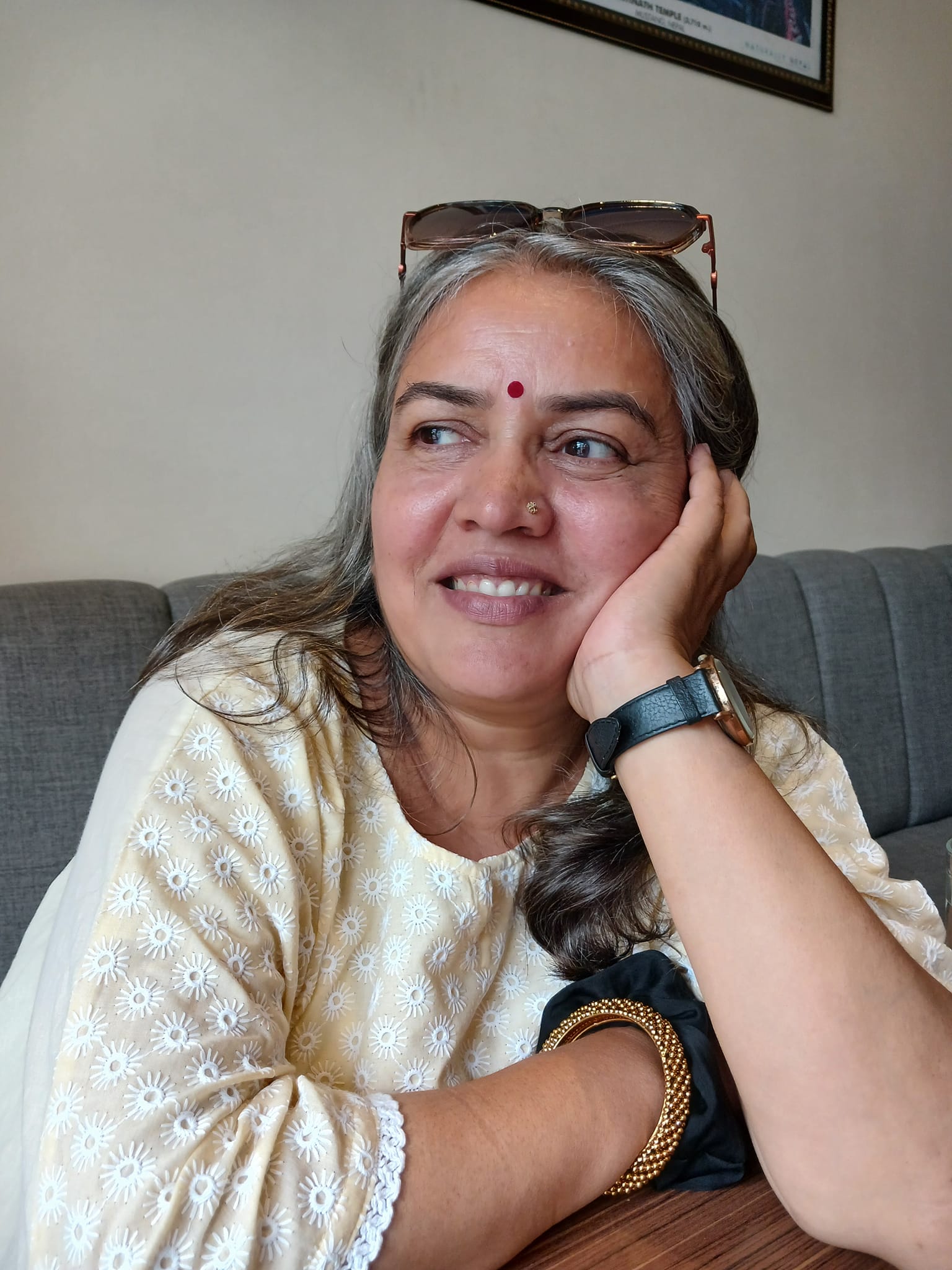
Writing is also my soulmate, the one who understands my emotions and observations and gives me a voice to express the unspoken and stand for the voiceless. It is an integral part of my life. I notice pain, joy, and urgency in society, often feeling lost in its chaos, but writing helps me navigate through it, seeking solutions for a just world. More than that, writing is my teacher, guiding me, correcting me, and strengthening me emotionally.




 31.49°C Kathmandu
31.49°C Kathmandu















